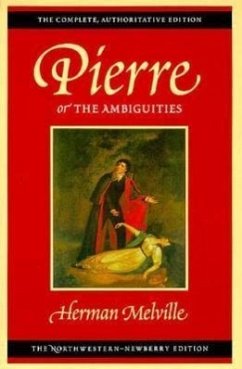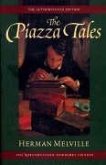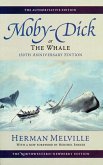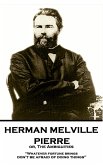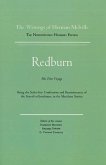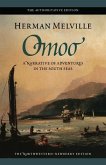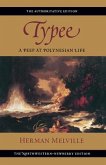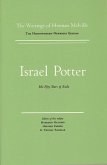Herman Melville's second book, Omoo, begins where his first book, Typee, leaves off. As the author described the book, "It embraces adventures in the South Seas (of a totally different character from 'Typee') and includes an eventful cruise in an English Colonial Whaleman (a Sydney Ship) and a comical residence on the island of Tahiti." The popular success of Melville's first book encouraged him to write this sequel, hoping it would be "a fitting successor" to Typee, which delineates Polynesian life "in its primitive state, " while Omoo represents it "as affected by intercourse with the whites" and also "describes the 'man about town' sort of life, led, at the present day, by roving sailors in the Pacific." Wait Whitman found Omoo "the most readable sort of reading" and praised its "richly good-natured style." But many reviewers doubted the author's veracity and some objected to his "raciness" and "indecencies." Some also denounced his criticism of missionary endeavors, for Melville returned in Omoo to the attack upon the missionaries he had begun in Typee, making his second book more polemical than his first. Over the years, however, readers have been charmed by both books. The reading of Omoo influenced such later visitors to Tahiti as Pierre Loti, Henry Adams, John LaFarge, and Jack London; it was the book that sent Robert Louis Stevenson to the South Seas.
Hinweis: Dieser Artikel kann nur an eine deutsche Lieferadresse ausgeliefert werden.
Hinweis: Dieser Artikel kann nur an eine deutsche Lieferadresse ausgeliefert werden.

